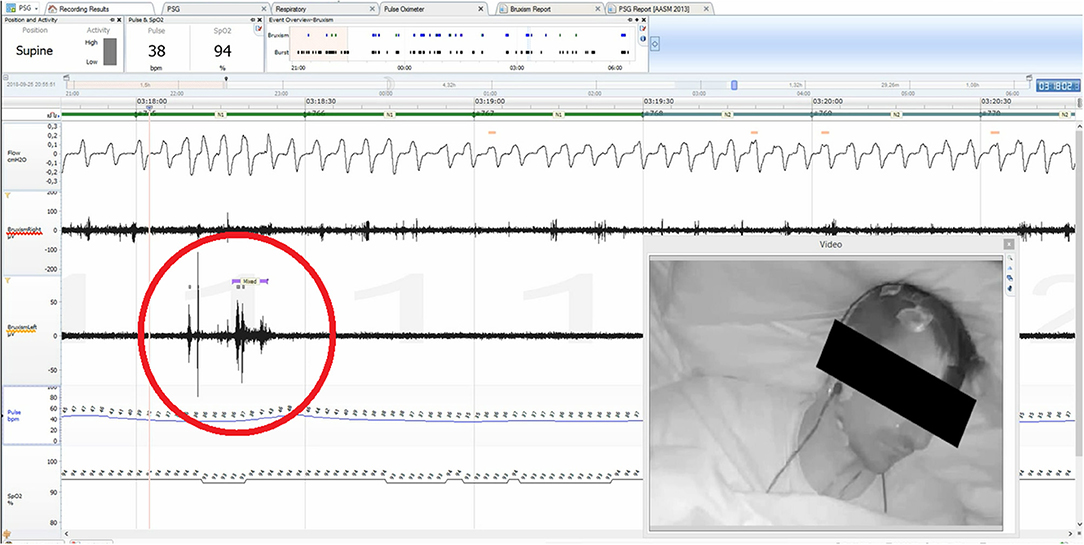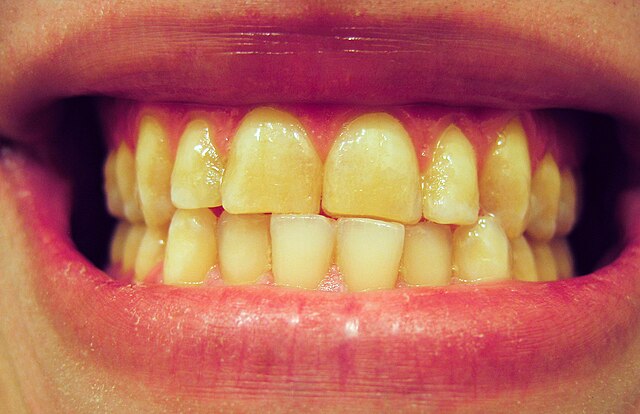Teeth grinding, also known as bruxism, is a condition that affects millions of people worldwide. While it may seem like a minor issue, chronic teeth grinding can lead to significant dental and health problems if left untreated. This article explores the underlying causes, common symptoms, and effective treatments for this condition, providing readers with a comprehensive understanding of how to manage and address bruxism.

What Is Teeth Grinding?
Teeth grinding refers to the involuntary clenching or grinding of teeth, often during sleep but sometimes while awake. It is classified into two types: sleep bruxism and awake bruxism. Sleep bruxism occurs during nighttime hours, while awake bruxism happens during the day. Both forms can cause damage to the teeth and surrounding structures, leading to pain, discomfort, and other complications.
Prevalence of Teeth Grinding
- Studies suggest that up to thirty percent of the population may experience some form of bruxism.
- Children are more likely to grind their teeth than adults, though most outgrow the habit by adolescence.
- Adults who grind their teeth often do so due to stress, anxiety, or other underlying conditions.
Causes of Teeth Grinding
Understanding the root causes of teeth grinding is essential for effective management. Several factors contribute to the development of this condition, ranging from psychological triggers to physical issues.
Stress and Anxiety
One of the most common causes of teeth grinding is stress and anxiety. When individuals experience high levels of emotional tension, their bodies may respond by clenching or grinding their teeth unconsciously. This behavior often serves as a coping mechanism, though it can lead to significant dental wear over time.
Sleep Disorders
Teeth grinding is frequently associated with sleep disorders such as sleep apnea. People who suffer from obstructive sleep apnea may grind their teeth as part of their body’s attempt to reopen the airway during episodes of interrupted breathing. Other sleep-related issues, such as restless leg syndrome, may also increase the likelihood of bruxism.
Lifestyle Factors
Certain lifestyle choices can exacerbate teeth grinding. These include:
- Consumption of stimulants like caffeine and nicotine, which can heighten nervous system activity and increase the risk of grinding.
- Excessive alcohol consumption, which has been linked to higher rates of bruxism.
- Poor sleep hygiene, including irregular sleep schedules and inadequate rest.
Medications and Medical Conditions
Some medications, particularly those used to treat psychiatric conditions such as depression and anxiety, list bruxism as a potential side effect. Additionally, certain medical conditions, such as Parkinson’s disease and gastroesophageal reflux disease, have been associated with an increased risk of teeth grinding.
Malocclusion
Malocclusion, or misalignment of the teeth, can also contribute to bruxism. When the upper and lower teeth do not fit together properly, individuals may unconsciously grind their teeth in an attempt to achieve a more comfortable bite. This misalignment places additional strain on the jaw muscles and joints, further perpetuating the cycle of grinding.
Symptoms of Teeth Grinding
Recognizing the symptoms of teeth grinding is crucial for early intervention. Many individuals may not even realize they are grinding their teeth, especially if it occurs during sleep. However, several telltale signs can help identify the condition.
Dental Damage
One of the most visible signs of teeth grinding is dental damage. Over time, the constant friction between teeth can lead to:
- Worn-down enamel, exposing the softer inner layers of the teeth.
- Chipped or cracked teeth, which may require restorative treatment.
- Increased tooth sensitivity due to enamel erosion.
Jaw Pain and Discomfort
Individuals who grind their teeth often experience pain or discomfort in the jaw area. This discomfort may manifest as:
- Tension headaches, particularly upon waking in the morning.
- Soreness in the jaw muscles, making it difficult to open or close the mouth fully.
- Clicking or popping sounds when moving the jaw, indicating possible temporomandibular joint disorder.
Sleep Disturbances
Teeth grinding can disrupt sleep patterns, leading to fatigue and irritability during the day. Partners or family members may also notice the sound of grinding during the night, which can be loud enough to disturb their own sleep.
Facial Pain
In addition to jaw pain, individuals with bruxism may experience generalized facial pain. The constant muscle tension involved in grinding can radiate to other areas of the face, causing discomfort and tenderness.
Treatments for Teeth Grinding
Fortunately, there are several effective treatments available for managing teeth grinding. The appropriate treatment depends on the underlying cause and severity of the condition.
Mouth Guards
One of the most common and effective treatments for bruxism is the use of a custom-fitted mouth guard. These devices, typically made of soft or hard acrylic, create a protective barrier between the upper and lower teeth, preventing them from coming into direct contact. Mouth guards can significantly reduce dental damage and alleviate jaw pain caused by grinding.
Stress Management Techniques
Since stress and anxiety are major contributors to teeth grinding, addressing these issues can help reduce symptoms. Effective stress management techniques include:
- Practicing mindfulness meditation to promote relaxation and reduce tension.
- Engaging in regular physical exercise to release endorphins and improve mood.
- Seeking professional counseling or therapy to address underlying emotional concerns.
Behavioral Therapy
For individuals who grind their teeth during waking hours, behavioral therapy can be highly beneficial. This approach involves working with a therapist to identify triggers and develop strategies to break the habit. Techniques may include biofeedback, which uses electronic monitoring to teach patients how to control muscle activity in the jaw.
Orthodontic Treatment
If malocclusion is contributing to bruxism, orthodontic treatment may be necessary. Braces or other corrective devices can realign the teeth, reducing the strain on the jaw and minimizing the urge to grind.
Medication Adjustments
In cases where medications are suspected to be causing bruxism, consulting with a healthcare provider about alternative options may be helpful. Adjusting dosages or switching to a different medication can sometimes alleviate symptoms.
Lifestyle Modifications
Making simple changes to daily habits can also make a significant difference. Recommendations include:
- Reducing caffeine intake, especially in the afternoon and evening.
- Avoiding alcohol and tobacco products, which can exacerbate grinding.
- Establishing a consistent sleep routine to improve overall sleep quality.
Physical Therapy
Physical therapy focused on the jaw and facial muscles can provide relief for individuals with chronic bruxism. Therapists may use techniques such as massage, stretching exercises, and heat therapy to relax tense muscles and improve mobility in the jaw joint.
Surgical Interventions
In rare cases where conservative treatments fail to provide relief, surgical interventions may be considered. Procedures such as arthrocentesis or joint replacement surgery aim to address structural issues within the temporomandibular joint, offering long-term solutions for severe cases of bruxism.
When to Seek Professional Help
While occasional teeth grinding may not require immediate attention, persistent or severe cases should be evaluated by a dentist or healthcare professional. Early intervention can prevent irreversible damage to the teeth and jaw, ensuring better outcomes for affected individuals.
Signs that warrant professional consultation include:
- Chronic jaw pain or headaches that interfere with daily activities.
- Noticeable wear or damage to the teeth, such as cracks or chips.
- Difficulty sleeping or frequent awakenings due to grinding noises.
The Role of Dentists
Dentists play a critical role in diagnosing and treating bruxism. During routine checkups, they can identify signs of dental wear and recommend appropriate interventions. They may also collaborate with other healthcare providers, such as sleep specialists or physical therapists, to address complex cases comprehensively.
Importance of Multidisciplinary Care
Managing bruxism often requires a multidisciplinary approach, involving input from various specialists. By combining expertise from dentistry, psychology, and medicine, healthcare teams can tailor treatment plans to meet the unique needs of each individual, promoting optimal recovery and long-term wellness.





